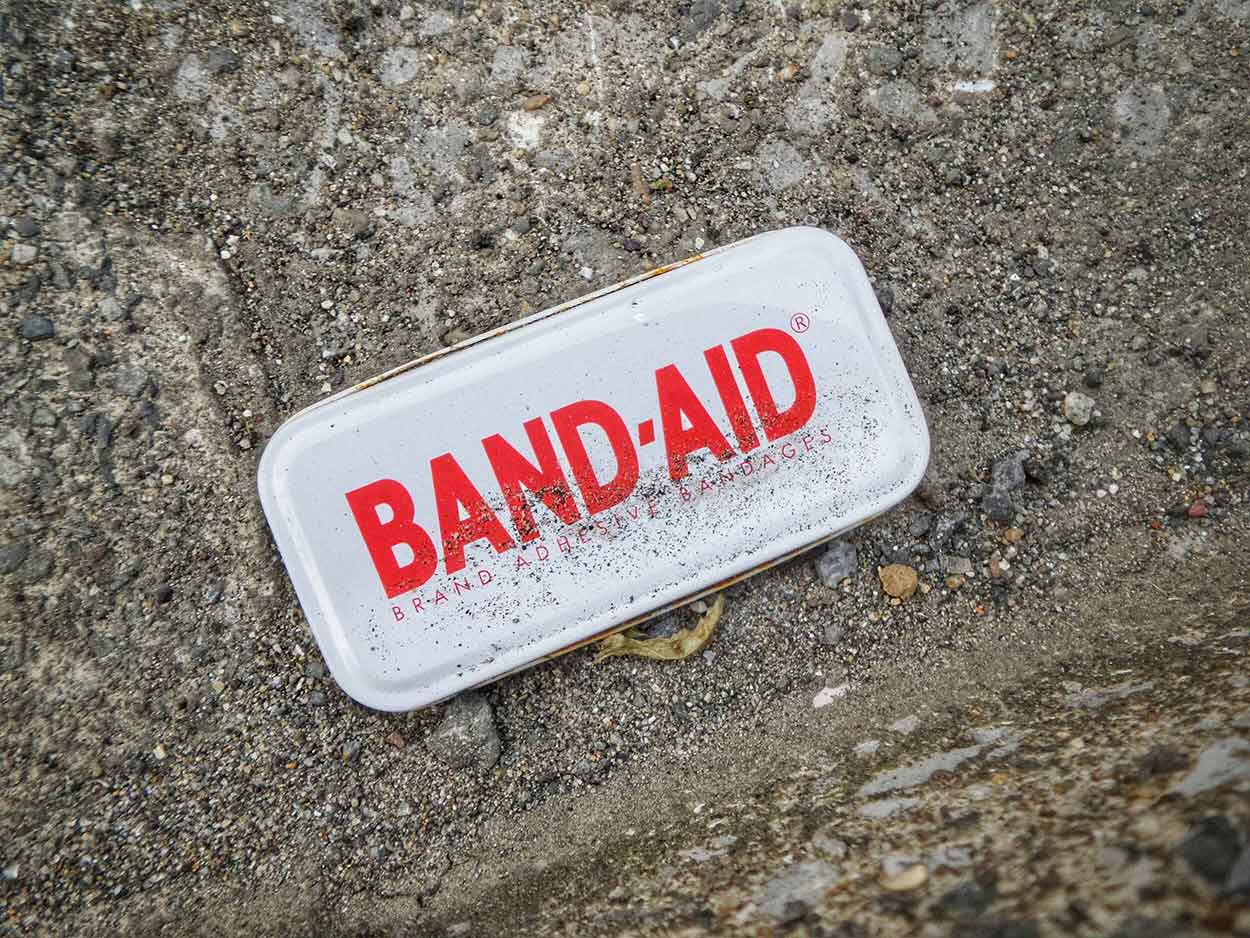In an emergency, always dial ‘000’ first.
Imagine this: You’ve just parked your car, and you’re walking towards the train station, when suddenly a person in front of you collapses. What do you do?
In this situation and many others, first aid can be pivotal. First aid is the application of basic medical knowledge to help someone minutes after they have been injured or become sick. This could include simple tasks, such as putting on a band aid or administering an ice-pack—or bigger jobs such as CPR (cardiopulmonary resuscitation).
“Learning first-aid provides the skills to render care in those critical early moments when illness or injury strikes until help arrives”
Here are five reasons everyone should learn first aid:
- You could save a life.
Knowing first aid will allow you to assist a person who is unable to do it themselves. You will learn skills such as tying a sling, administering an EpiPen and knowing how to implement the DRS-ABCD action plan, which includes calling an ambulance (if needed) and correctly carrying out CPR. - As a new parent, it could help you feel more prepared.
Being a new parent can be scary enough, without having a sick or injured child. However, if you are qualified in first aid, you will be able to look after your child in a variety of circumstances with confidence and until help arrives. There are also child-specific first aid courses that focus on teaching you how to help babies and young children. - It could help you get a job.
Having a first aid qualification could help you to get a job. Not only do nurses, doctors and other medical professionals need their qualifications—but people such as lifeguards or nannies will also need to know how to administer first aid. Individuals who work at day care centres or as a sporting coach for young kids should also be equipped to carry out first aid, if need be. - It will help you stop a medical situation from worsening.
Your job as a first aider- is not necessarily to cure the person, but rather to provide care until an ambulance comes or medical review can occur. This could be something as simple as talking to a person trying to keep them calm, or something a little bit more involved as doing CPR and rescue breaths while you wait for the paramedics. - It encourages confidence and safety - for yourself and others!
The first step in the DRS-ABCD action plan is ‘Danger’: look around—could/is this situation a danger to yourself or others? First and foremost, you are the most important person, because if both people are injured, no-one can administer first aid. However, if there is no danger, the first aid course will teach you to act effectively and efficiently to help the patient as much as possible.
Remember, first aid is just the first step in helping someone, and that you should call an ambulance in an emergency so that medical professionals can treat the patient.
Epworth has two emergency departments: Epworth Richmond and Epworth Geelong.
Epworth Richmond’s emergency department treats more patients than any other private hospital emergency department in Victoria—over 29,000 people annually. Th department runs 24 hours a day, 7 days a week. Epworth Geelong emergency department operates from 8am to midnight, 7 days a week.
07 January 2020

